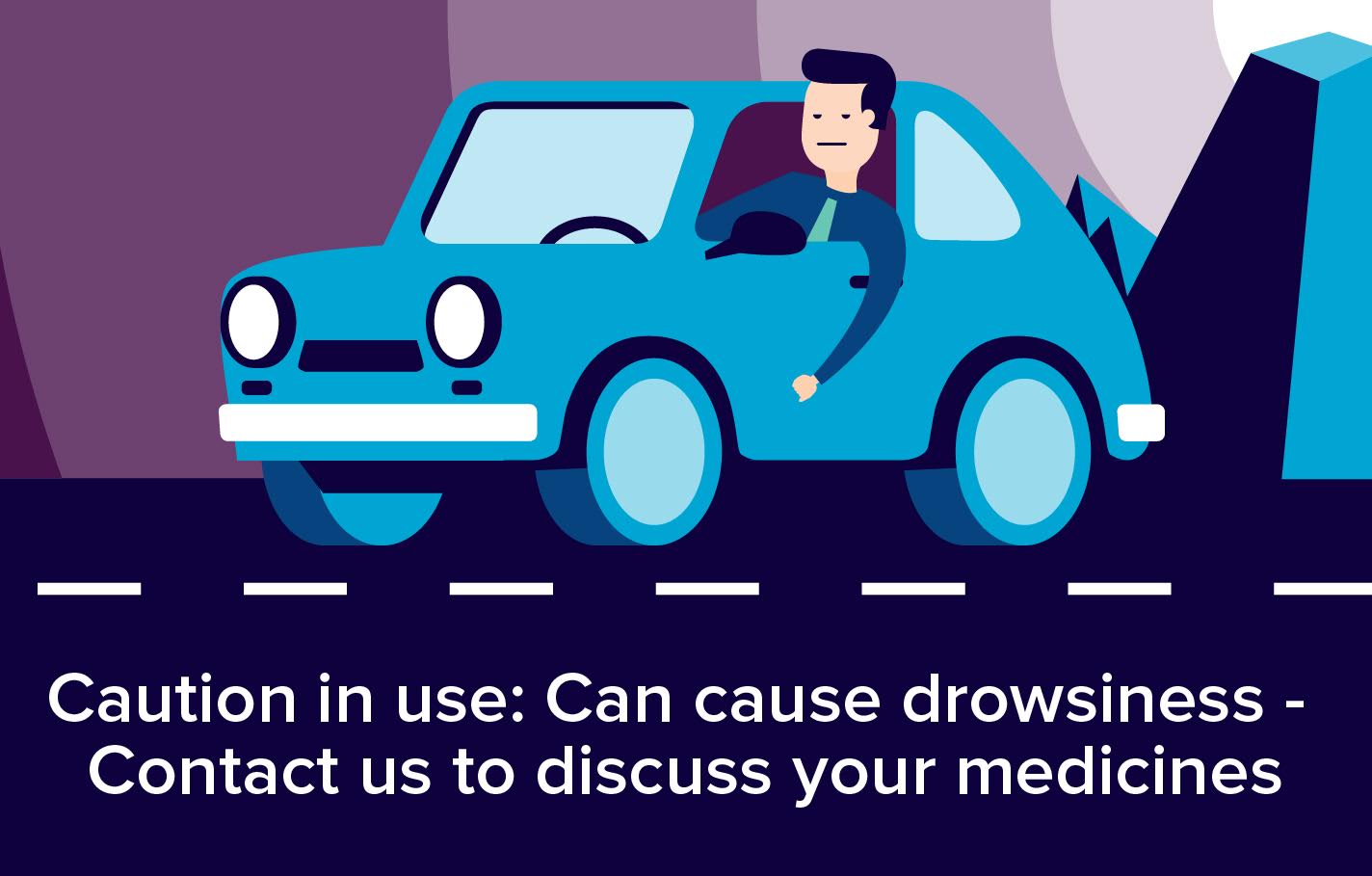Venlofex (Venlafaxine) is a treatment for adults with depression. Treating depression properly is important to help you get better. If it is not treated, your condition may not go away and may become more serious and more difficult to treat.

Why have I been prescribed Venex XL?
Venex XL (Venlafaxine) is a treatment for adults with depression. Treating depression properly is important to help you get better. If it is not treated, your condition may not go away and may become more serious and more difficult to treat.
How does it work?
Venlofex increases the levels of serotonin and noradrenaline in the brain, which are known to be lowered in depression.
When and how do I take it?
- Take Venlofex at approximately the same time each day, in the morning and in the evening.
- Venlofex should be taken with food.
What’s the dose?
- The usual recommended starting dose is 75 mg per day in divided doses, two or three times a day. The dose can be raised by your doctor gradually and, if needed, even up to a maximum dose of 375 mg daily for depression.
Could it interact with other tablets?
Do not start or stop taking any medicines, including those bought without a prescription, natural and herbal remedies, before checking with your doctor or pharmacist.
- Monoamine oxidase inhibitors (MAOIs: see the section “Before you take Venlofex”).
Serotonin syndrome:
- Serotonin syndrome, a potentially life threatening condition (see the section “Possible Side Effects”), may occur with Venlofex treatment, particularly when taken with other medicines.
Examples of these medicines include:
- Triptans (used for migraine)
- Medicines to treat depression, for instance SNRI, SSRIs, tricyclics, or medicines containing lithium
- Medicines containing linezolid, an antibiotic (used to treat infections)
- Medicines containing moclobemide, a reversible MAOI (used to treat depression)
- Medicines containing sibutramine (used for weight loss)
- Medicines containing tramadol (a pain-killer)
- Products containing St. John’s Wort (also called Hypericum perforatum, a natural or herbal remedy used to treat mild depression)
- Products containing tryptophan (used for problems such as sleep and depression)
Signs and symptoms of serotonin syndrome may include a combination of the following:
- restlessness
- hallucinations
- loss of coordination
- fast heart beat
- increased body temperature
- fast changes in blood pressure
- overactive reflexes
- diarrhoea
- coma
- nausea
- vomiting
Get medical care right away if you think serotonin syndrome is happening to you.
The following medicines may also interact with Venlofex and should be used with caution. It is especially important to mention to your doctor or pharmacist if you are taking medicines containing:
- Ketoconazole (an antifungal medicine)
- Haloperidol or risperidone (to treat psychiatric conditions)
- Metoprolol (a beta blocker to treat high blood pressure and heart problems)
What are the possible risks or side-effects?
If any of the following happen, do not take more Venlofex. Tell your doctor immediately, or go to the casualty department at your nearest hospital:
- Chest tightness, wheezing, trouble swallowing or breathing
- Swelling of the face, throat, hands, or feet
- Feeling nervous or anxious, dizziness, throbbing sensations, sudden reddening of the skin and/or a warm feeling
- Severe rash, itching, or hives (elevated patches of red or pale skin that often itch)
Serious side effects: If you notice any signs of the following, you may need urgent medical attention:
- Heart problems, such as fast or irregular heart rate, increased blood pressure
- Eye problems, such as blurred vision, dilated pupils
- Nerve problems, such as dizziness, pins and needles, movement disorder, seizures or fits
- Psychiatric problems, such as hyperactivity and euphoria
- Treatment withdrawal
Common side effects include:
- weight loss
- increased cholesterol
- dry mouth
- headache
- abnormal dreams
- decreased libido
- dizziness
- increased muscle tonus
- insomnia
- nervousness
- pins and needles
- sedation
- tremour
- confusion
- feeling separated (or detached) from yourself and reality
- blurred vision
- increase in blood pressure
- flushing
- palpitations
- yawning
- nausea
- appetite decreased
- constipation
- vomiting
- sweating (including night sweats)
- difficulties passing urine
- increased frequency in urination
- abnormal ejaculation/orgasm (males)
- lack of orgasm
- erectile dysfunction (impotence)
- menstrual irregularities such as increased bleeding or increased irregular bleeding
- weakness (asthenia)
- chills
Can I drink alcohol while taking it?
- You should avoid alcohol while you are taking Venlofex.
What if I’m pregnant/breastfeeding?
- Venlofex must only be administered to pregnant women if the expected benefits outweigh any possible risk.
- Venlofex should not be taken during breast feed. A decision should be made with the doctor whether to continue/discontinue breastfeeding or continue/discontinue Venlofex.
If you have any more questions please ask your Pharmacist.
Remember to keep all medicines out of reach of children
Please Note: We have made every effort to ensure that the content of this information sheet is correct at time of publish, but remember that information about drugs may change. This sheet does not list all the uses and side-effects associated with this drug. For full details please see the drug information leaflet which comes with your medicine. Your doctor will assess your medical circumstances and draw your attention to any information or side-effects which may be relevant in your particular case.
References:
https://www.nami.org/Learn-More/Treatment/Mental-Health-Medications/Venlafaxine-(Effexor)
http://www.drugs.com/effexor.html
http://www.rxlist.com/effexor-drug.htm
https://en.wikipedia.org/wiki/Venlafaxine
http://www.medicinenet.com/venlafaxine/article.htm

